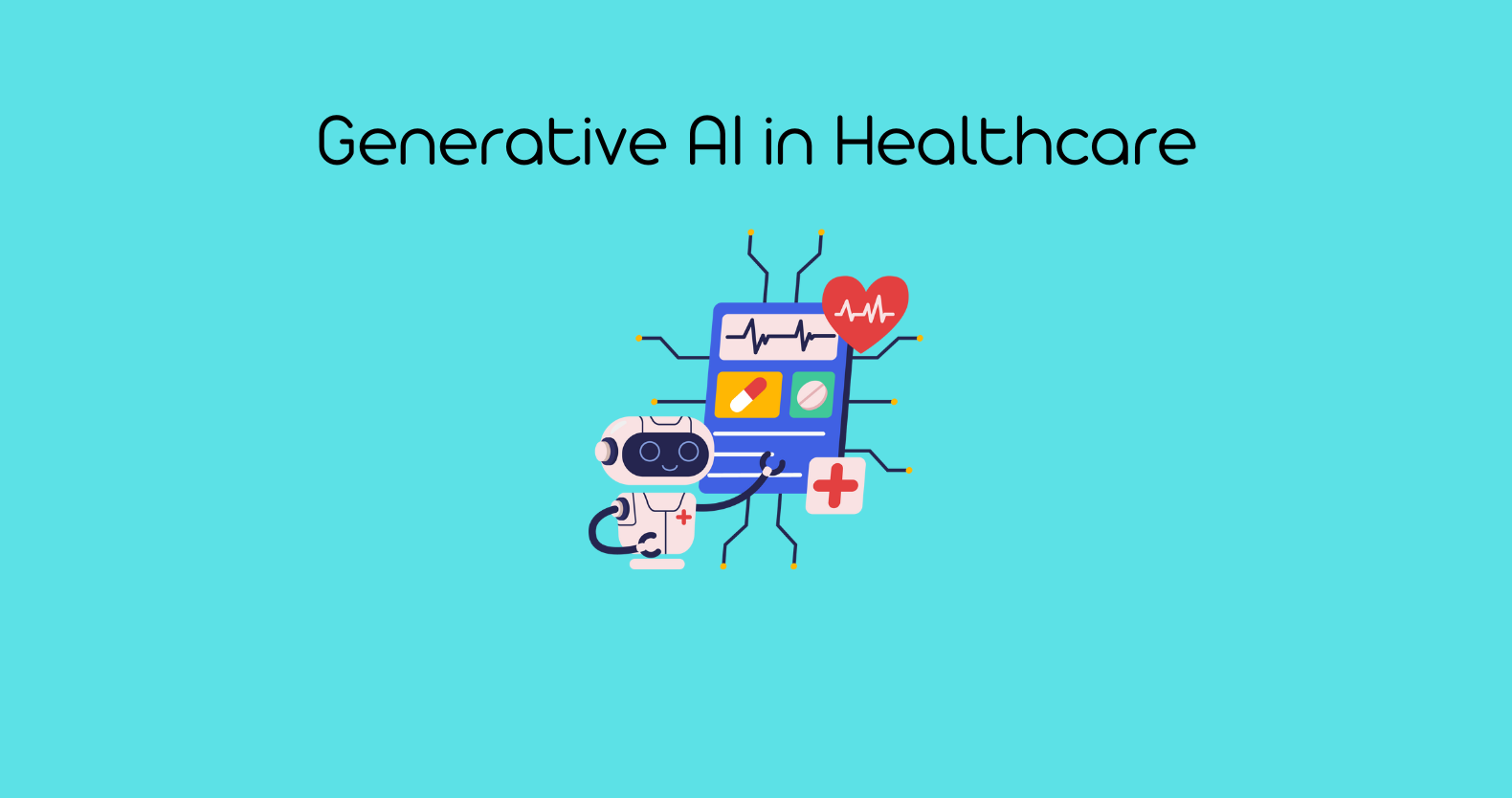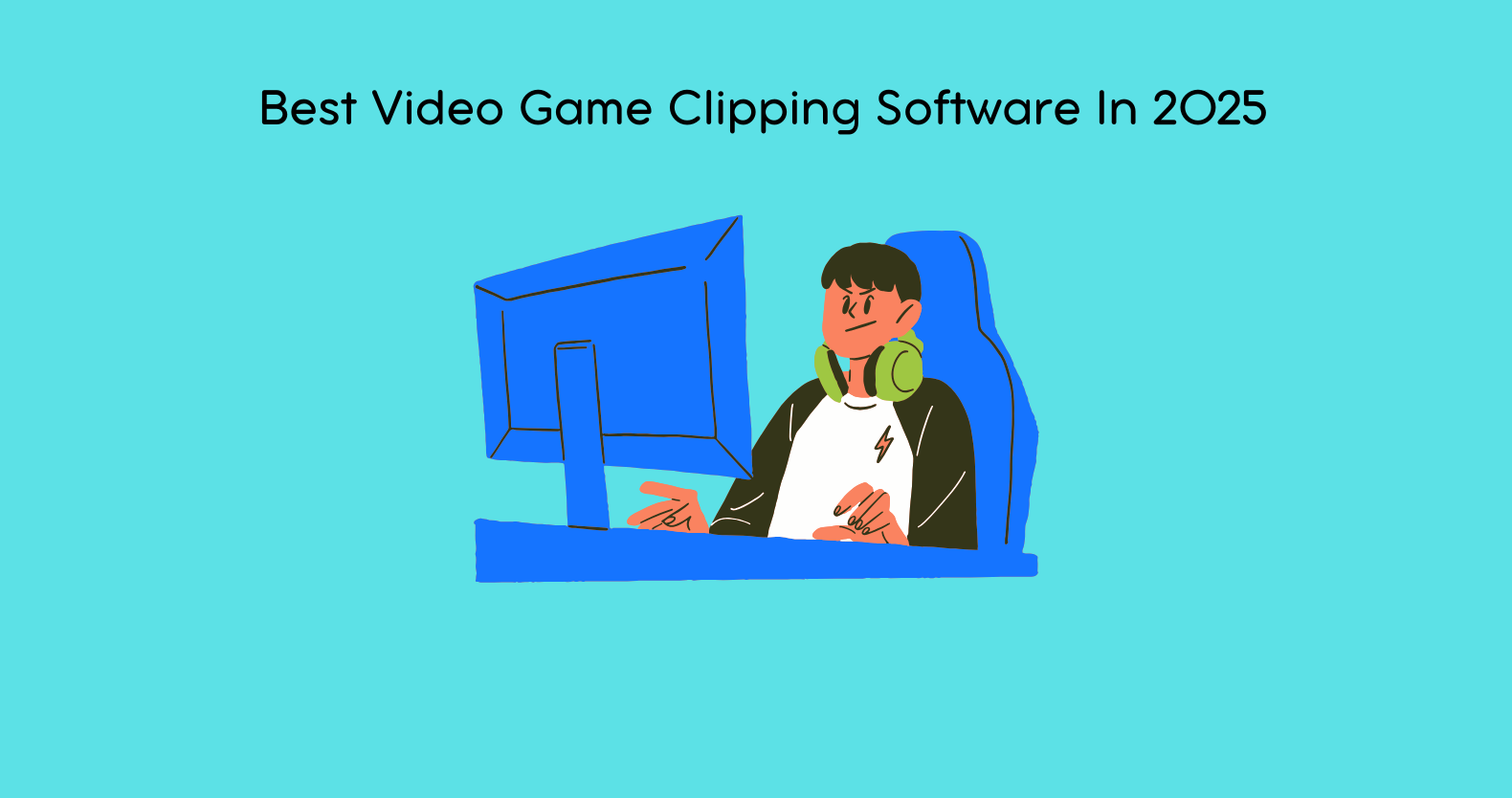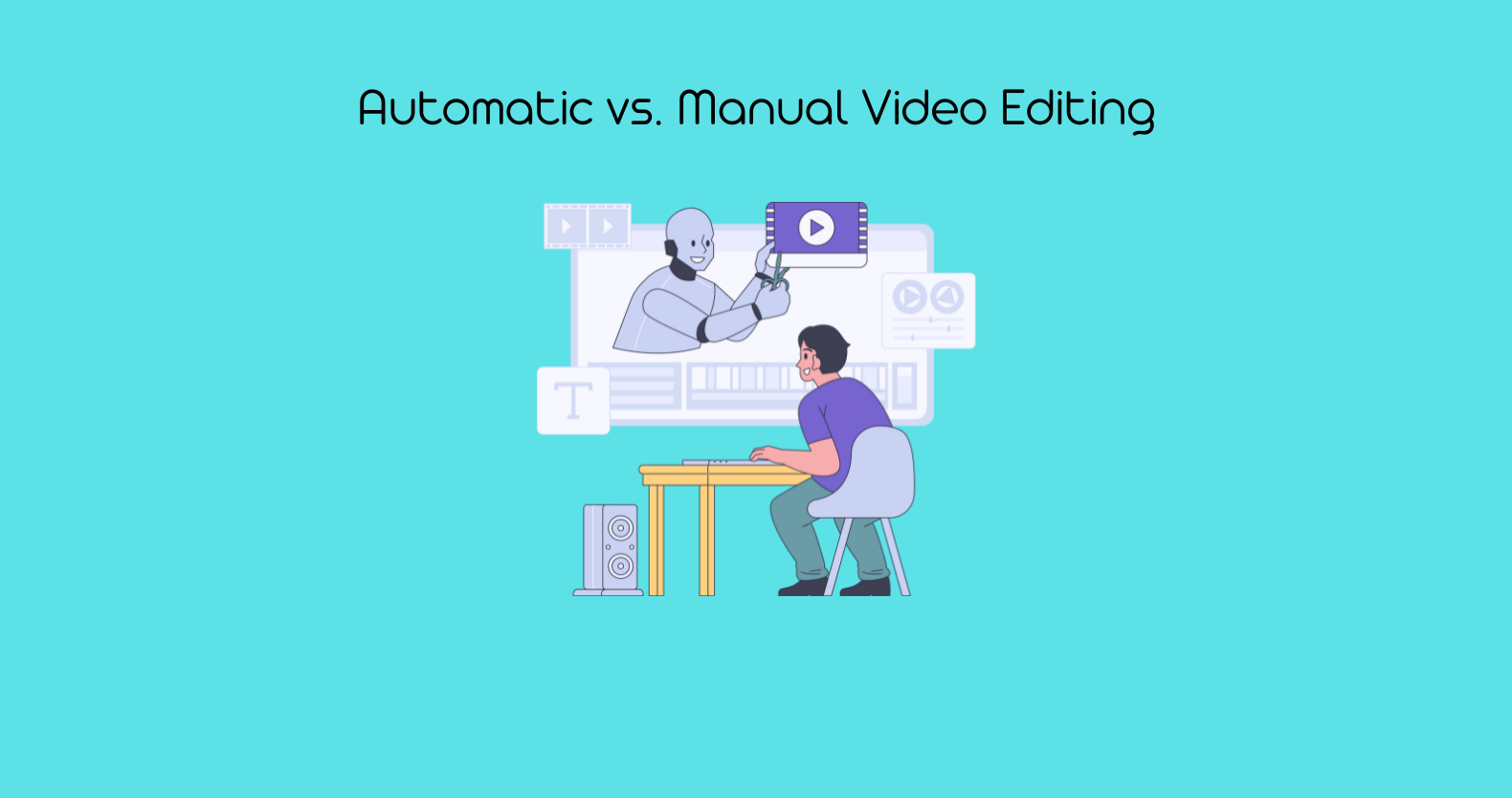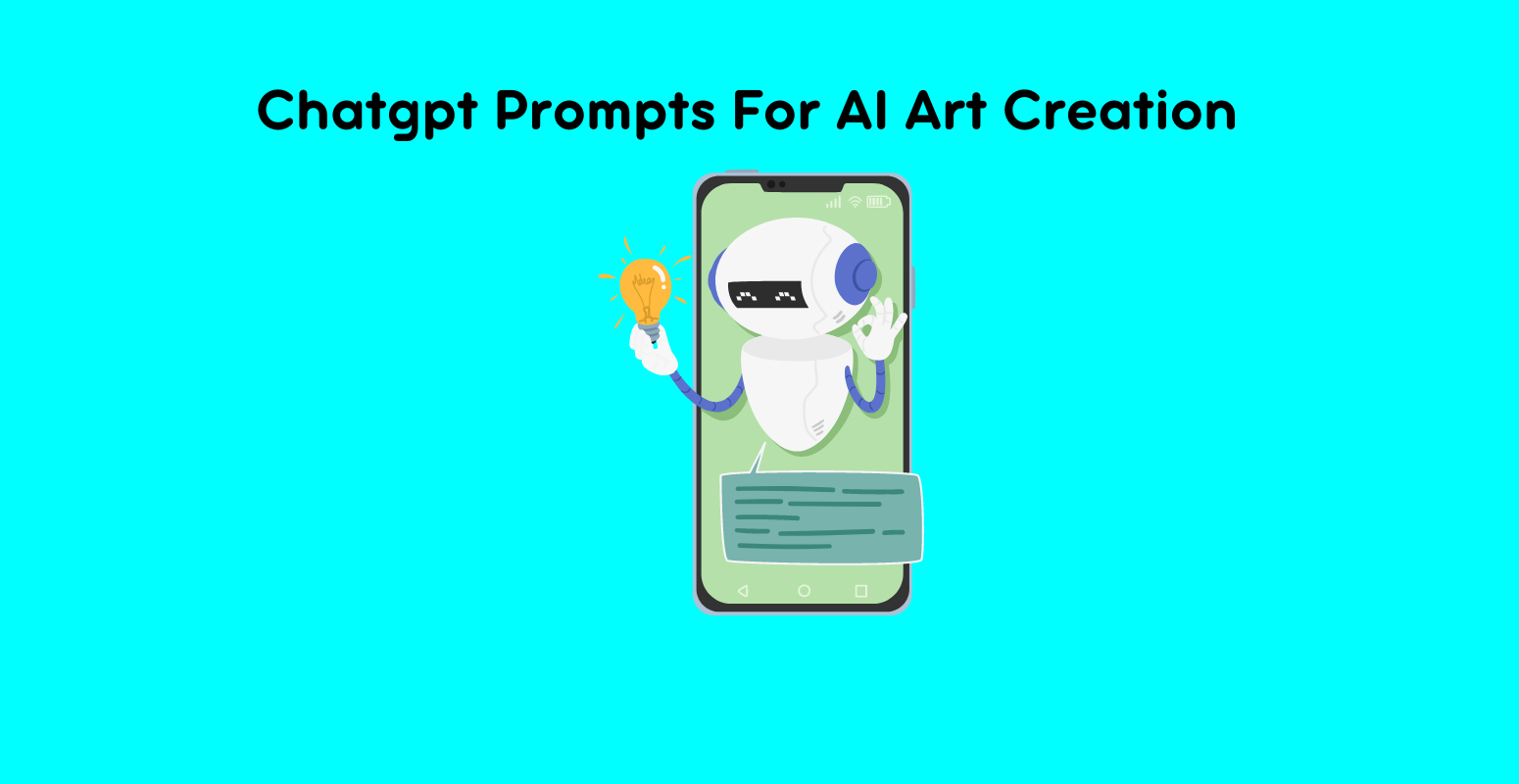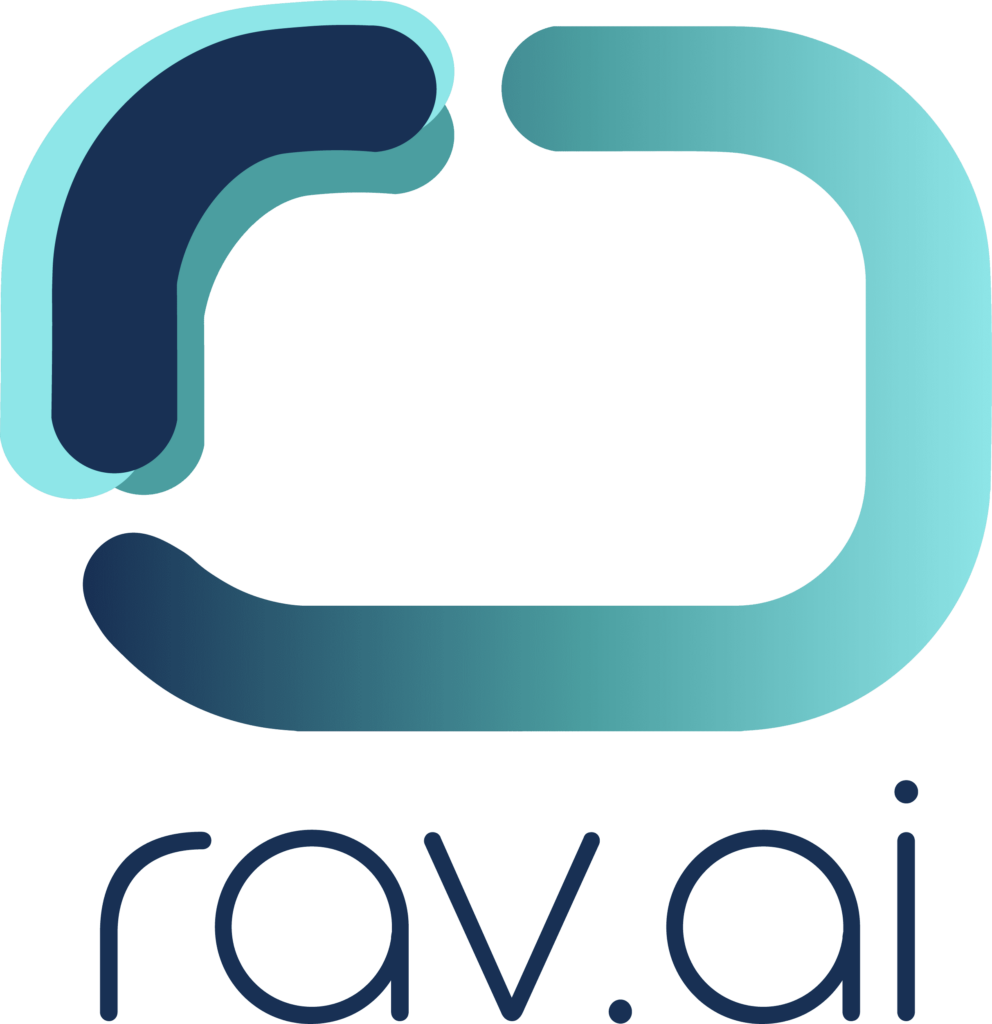Generative AI is at the forefront of a healthcare revolution, transforming the way we diagnose, treat, and care for patients. This advanced technology harnesses the power of artificial intelligence to enhance the accuracy of medical diagnoses, personalize treatment plans, and streamline patient care processes.
By integrating generative AI into healthcare, we are witnessing a significant improvement in health outcomes and the overall efficiency of healthcare systems. This guide will highlight some applications of AI in the healthcare industry to help you understand how AI is shopping the future of healthcare. So, let’s dive in!
Applications of Generative AI in Healthcare
1: Medical Imaging and Diagnostics
Medical imaging has significantly advanced due to AI, improving diagnostic accuracy and efficiency. AI algorithms can meticulously analyze medical images like X-rays, MRIs, and CT scans to detect abnormalities and diagnose conditions with exceptional precision.
This technology supports radiologists by highlighting areas of concern, thereby accelerating the diagnostic process. Furthermore, AI can compare current images with historical data to identify early disease signs, facilitating earlier interventions and better patient outcomes. Generative AI also excels in creating detailed 3D models from 2D images, providing comprehensive views of patient anatomy, which is vital for surgical planning and precise treatment.
2: Personalized Treatment Plans
AI plays a pivotal role in developing customized treatment plans tailored to individual patient needs. By analyzing a patient’s genetic makeup, AI predicts responses to various treatments, helping craft personalized plans that are more effective and have fewer side effects. Through predictive analytics, AI can forecast disease progression and recommend proactive treatment strategies, enhancing chronic condition management.
In drug development, AI predicts interactions between different compounds and specific genetic profiles, accelerating the discovery of targeted therapies. This personalized approach ensures treatments are optimized for each patient’s unique biological makeup.
3: Virtual Health Assistants and Patient Monitoring
AI improves patient care with virtual health assistants and continuous monitoring systems. AI-powered virtual assistants interact with patients, answering queries and providing medical advice, thereby improving engagement and satisfaction. Remote monitoring systems continuously track patients’ vital signs and health metrics, alerting healthcare providers to significant changes.
This continuous oversight is particularly beneficial for managing chronic conditions and post-surgical care. AI also supports telemedicine by facilitating virtual consultations, ensuring patients receive timely medical advice without the need for in-person visits. These advancements make healthcare more accessible and responsive.
4: Streamlining Administrative Tasks
AI makes administrative tasks in healthcare easier, allowing providers to focus more on patient care. AI can automate the updating and maintenance of electronic health records (EHRs), ensuring patient data is accurate and up-to-date, which reduces the administrative burden on healthcare staff.
AI-powered systems also manage appointments and scheduling, optimizing resource use and reducing patient wait times. Additionally, AI automates billing processes and handles insurance claims efficiently, minimizing errors and speeding up reimbursements. This streamlining of administrative tasks improves overall operational efficiency in healthcare facilities.
5: Enhancing Research and Development
AI speeds up research and development in healthcare by processing large datasets and finding patterns. In clinical trials, AI quickly analyzes data to identify trends and outcomes, speeding up the research process and bringing new treatments to market faster.
AI tools mine massive amounts of medical research and data to uncover new insights and correlations, aiding researchers in developing new hypotheses and advancing medical knowledge. Generative AI also simulates the effects of new drugs and treatments in virtual environments, predicting their efficacy and safety before human testing. This enhances the speed and accuracy of medical research and innovation.
Benefits of Generative AI for Medical Research
1: Accelerated Data Analysis
AI greatly improves the speed and accuracy of data analysis in medical research. By processing complex datasets quickly, AI can identify patterns and correlations that might be overlooked by human researchers. This capability is especially valuable in genomic studies, where AI can detect associations between genetic markers and diseases, leading to advancements in personalized medicine.
The ability to analyze vast amounts of data rapidly accelerates the pace of research and increases the potential for groundbreaking discoveries.
2: Streamlined Drug Discovery
The traditional drug development process is notoriously lengthy and expensive. Generative AI addresses these challenges by simulating and predicting the interactions of various compounds with biological systems.
This helps researchers identify promising drug candidates more efficiently, reducing both time and cost. By focusing on the most promising compounds, AI streamlines the initial stages of drug development, allowing researchers to allocate resources more effectively and bring new treatments to market faster.
3: Enhanced Clinical Trials
Generative AI optimizes clinical trials by improving patient recruitment and predicting trial outcomes. AI can analyze patient data to identify the most suitable candidates for clinical trials, ensuring a more targeted and efficient recruitment process.
Furthermore, AI can model potential outcomes, helping researchers design better trials and make informed decisions. This increases the likelihood of successful trials and accelerates the development of new therapies, ultimately benefiting patients with faster access to new treatments.
4: Virtual Experimentation
Artificial intelligence has also enabled the creation of virtual environments for testing hypotheses and conducting experiments. Researchers can simulate biological processes and disease progressions using AI, gaining valuable insights without the need for physical experiments. This approach not only speeds up the research process but also reduces reliance on animal testing and lowers overall research costs.
Virtual experimentation allows researchers to explore numerous scenarios and refine their hypotheses before proceeding to more costly and time-consuming physical experiments.
5: Improved Research Accuracy and Reproducibility
One of the significant advantages of generative AI is its ability to improve the accuracy and reproducibility of scientific research. By automating data analysis, AI minimizes human error, ensuring that research findings are more reliable.
This enhances the overall credibility of scientific research and fosters greater confidence in the results. The reproducibility of research is crucial for verifying findings and building upon previous work, and generative AI plays a vital role in achieving this.
6: Support for Interdisciplinary Research
Generative AI supports interdisciplinary research by integrating data from various fields, such as biology, chemistry, and computer science. This holistic approach enables researchers to tackle complex biomedical questions and develop innovative solutions that address multiple aspects of a health issue.
By breaking down traditional research silos, AI fosters collaboration across disciplines, driving forward the frontiers of medical science. The integration of diverse datasets and perspectives leads to more comprehensive and effective research outcomes.
Role of Generative AI in Other Fields
Artificial intelligence is not only transforming healthcare but also revolutionizing various other fields by enhancing technology and tools. This advanced form of AI is being integrated into sectors such as finance, education, entertainment, and more, driving innovation and efficiency. In finance, AI algorithms predict market trends and automate trading, providing more accurate and faster financial analysis.
In education, AI personalizes learning experiences, adapts to individual student needs, and automates administrative tasks. The entertainment industry benefits from AI through the creation of realistic CGI, personalized content recommendations, and even the generation of new music and art.
Generative AI in Online Video Editing
The field of online video editing has seen substantial advancements thanks to the integration of generative AI. Traditional video editing, which was once time-consuming and required a high level of skill, is now more accessible and efficient due to AI-powered tools.
These tools can automate various aspects of the editing process, from cutting and splicing to applying filters and effects. They can analyze the content of the video and suggest edits that enhance its quality and appeal, making professional video production available to a broader audience.
Rav.ai: Revolutionizing Online Video Editing
Rav.ai is at the forefront of this transformation in online video editing. As an AI-powered video editing tool, Rav.ai simplifies the editing process for creators, whether they are producing Reels, shorts, or one-minute videos.
The platform leverages advanced AI algorithms to automate the editing workflow, saving users significant time and effort. It can optimize videos for different social media platforms, ensuring that content meets the specific requirements and standards of each platform.
One of the standout features of Rav.ai is its user-friendly interface, which makes it accessible to both beginners and experienced editors. The tool provides real-time feedback and suggestions, helping users enhance their videos effortlessly.
Moreover, Rav.ai supports a wide range of editing functions, from basic cuts and transitions to advanced effects and color grading. Its ability to learn from user preferences and improve over time ensures that the quality of the output continually gets better.
Final Thoughts!
In short, generative AI offers transformative benefits for medical research, including accelerated data analysis, streamlined drug discovery, enhanced clinical trials, virtual experimentation, improved research accuracy and reproducibility, and support for interdisciplinary studies.
These advancements enable faster, more efficient, and more effective research outcomes, ultimately leading to improved patient care and healthcare innovation. Generative AI is a powerful tool that is reshaping the landscape of medical research, offering new opportunities for scientific discovery and medical advancement.

